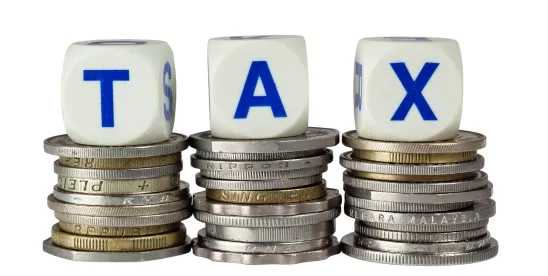The Tax Court, in Maggard v. Commissioner, T.C. Memo 2024-77 (Aug. 7, 2024), ruled that disproportionate distributions do not automatically terminate a corporation’s S-election.
John Maggard was an engineer and with his partner, Todd Schricker, formed Schricker Engineering Group. The company was incorporated and filed an election to be treated as an S corporation. The Articles of Incorporation provided that the company would have only one class of stock. The company’s governing documents provided for proportionate distributions to shareholders. Indeed, S corporations are required to have only one class of stock and must confer identical rights for distribution and liquidation proceeds.
Later, Todd sold his shares to John and then John sold some of the shares to two business partners. The two business partners ran the day-to-day operations of the company while John was the company’s lead engineer.
Almost immediately, the two business partners began to misappropriate funds and made disproportionate distributions to themselves at the expense of John. Further, they stopped filing annual tax returns on Form 1120-S and stopped issuing Schedule K-1s to shareholders. For years 2014, 2015 and 2016, the buddies told John that his share of the company’s earnings was a $300,000 loss, $50,000 loss and $0, respectively. John used these amounts to prepare his tax returns.
Ultimately, John discovered the deception and sued his business partners for breach of contract and fraud. The state court ruled in favor of John, but the partners refused to pay on the judgment. Rather, they offered to buy out John's entire stake in the company and John agreed to the buyout.
Thereafter, in April 2018, the remaining partners filed Form 1120-S for years 2014, 2015 and 2016 and issued John Schedule K-1s, which reflected his share of earnings to be $18,376, $324,317 and $159,568, respectively. John never received a distribution to pay the taxes on these allocations. The discrepancy between the K-1s and the amounts reported on the tax returns generated an IRS audit.
John argued that he did not have income from the company for the years 2014, 2015 and 2016 because the prior year disproportionate distributions constituted a second class of stock terminating the S-election. If the S-election was terminated, the company would be classified as a C corporation which pays its own tax and does not allocate its income to shareholders on Schedule K-1.
The Tax Court ruled that the company’s S-election did not terminate. The Court cited the applicable regulations, which state that the determination of whether a second class of stock exists is based upon the corporation’s governing provisions such as the corporate charter, articles of incorporation and bylaws. The Court further relied on Rev. Proc. 2022-19, which states that the IRS will not treat any disproportionate distributions made by a corporation as violating the one class of stock requirement, if the governing provisions provide for identical rights. Because the corporation’s governing documents always provided for identical rights to distribution and liquidation proceeds, the S corporation election did not terminate even though disproportionate distributions were made.
Disproportionate distributions by themselves do not change a company’s S status without a formal change to a company’s governing documents.




 />i
/>i

